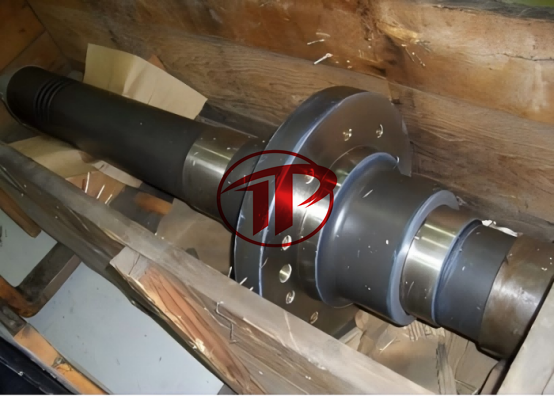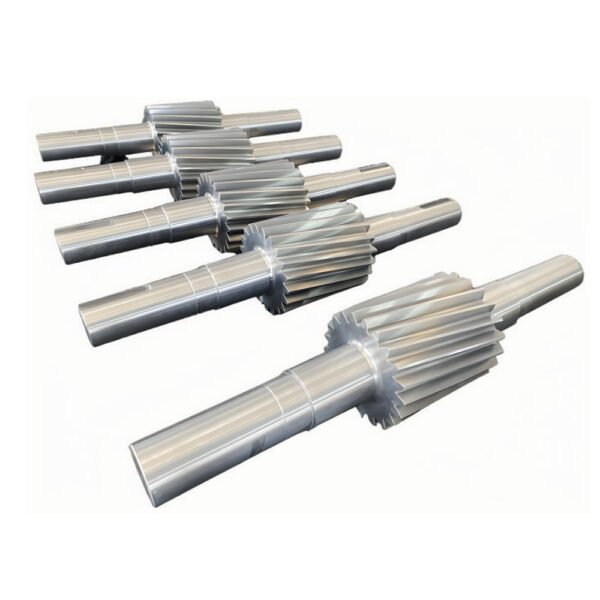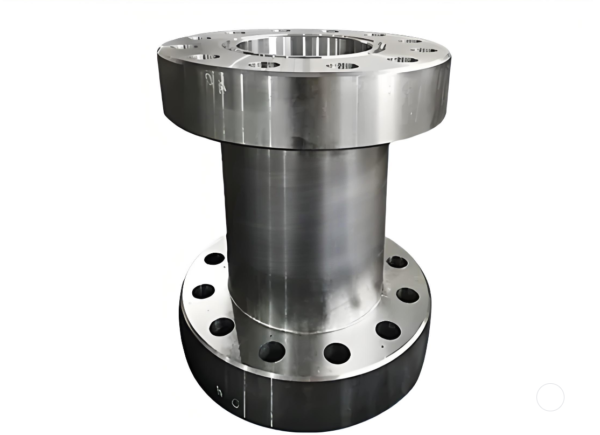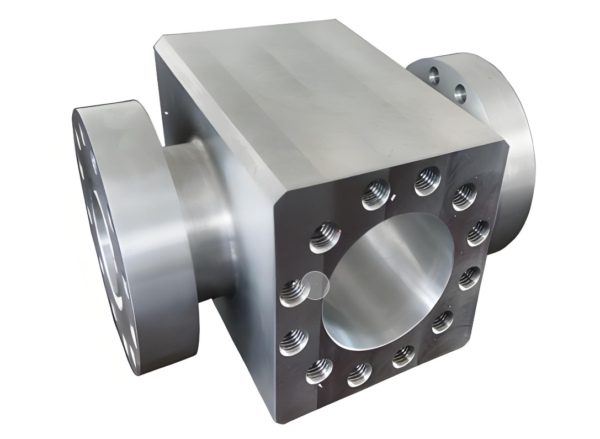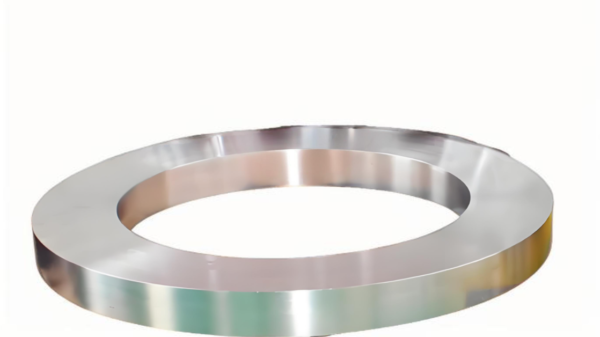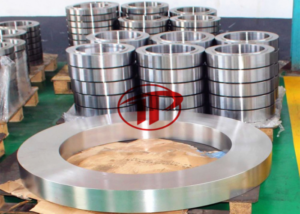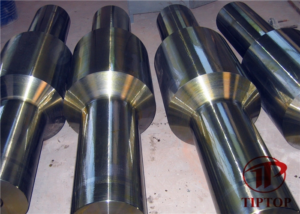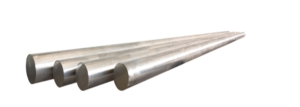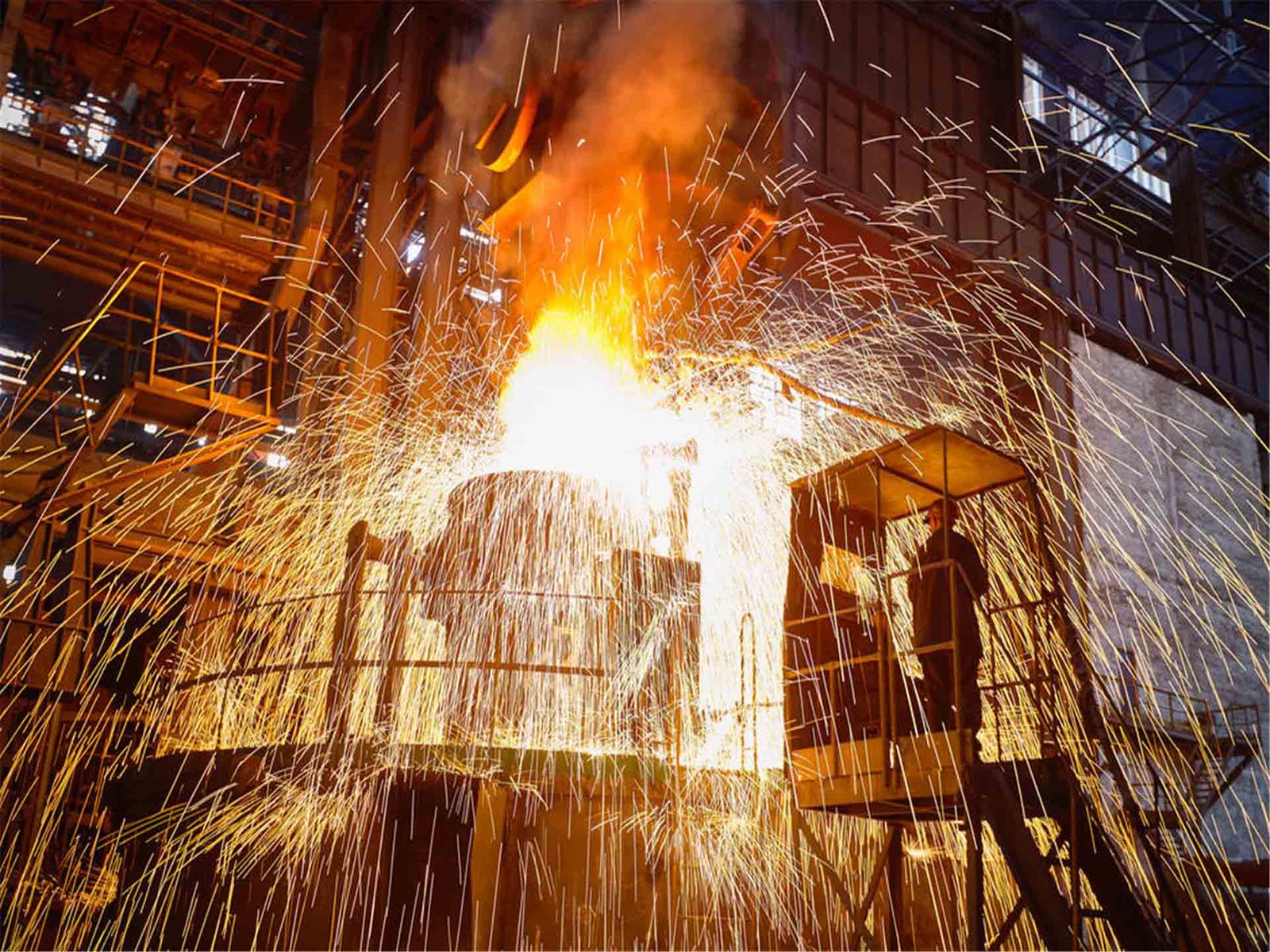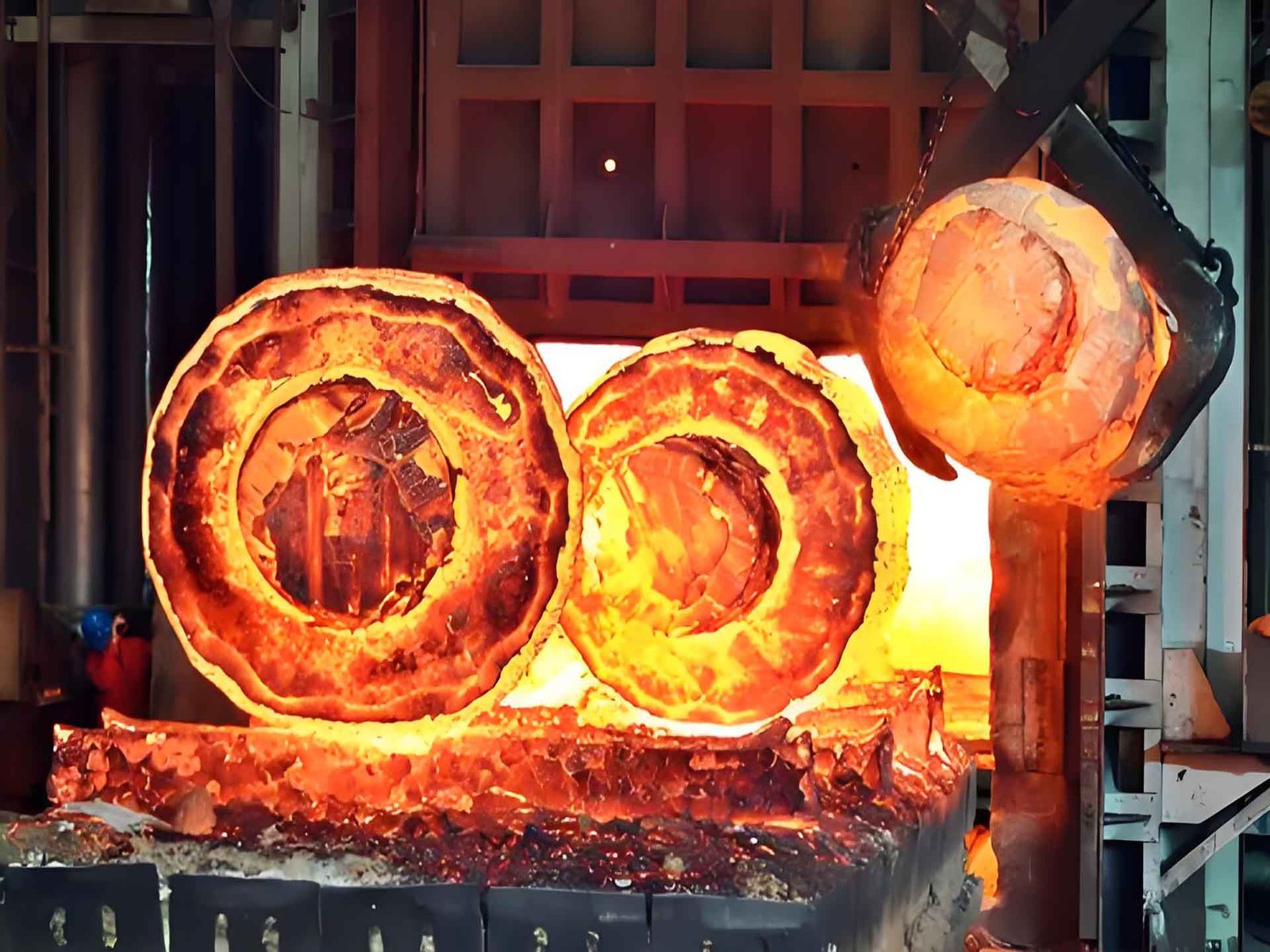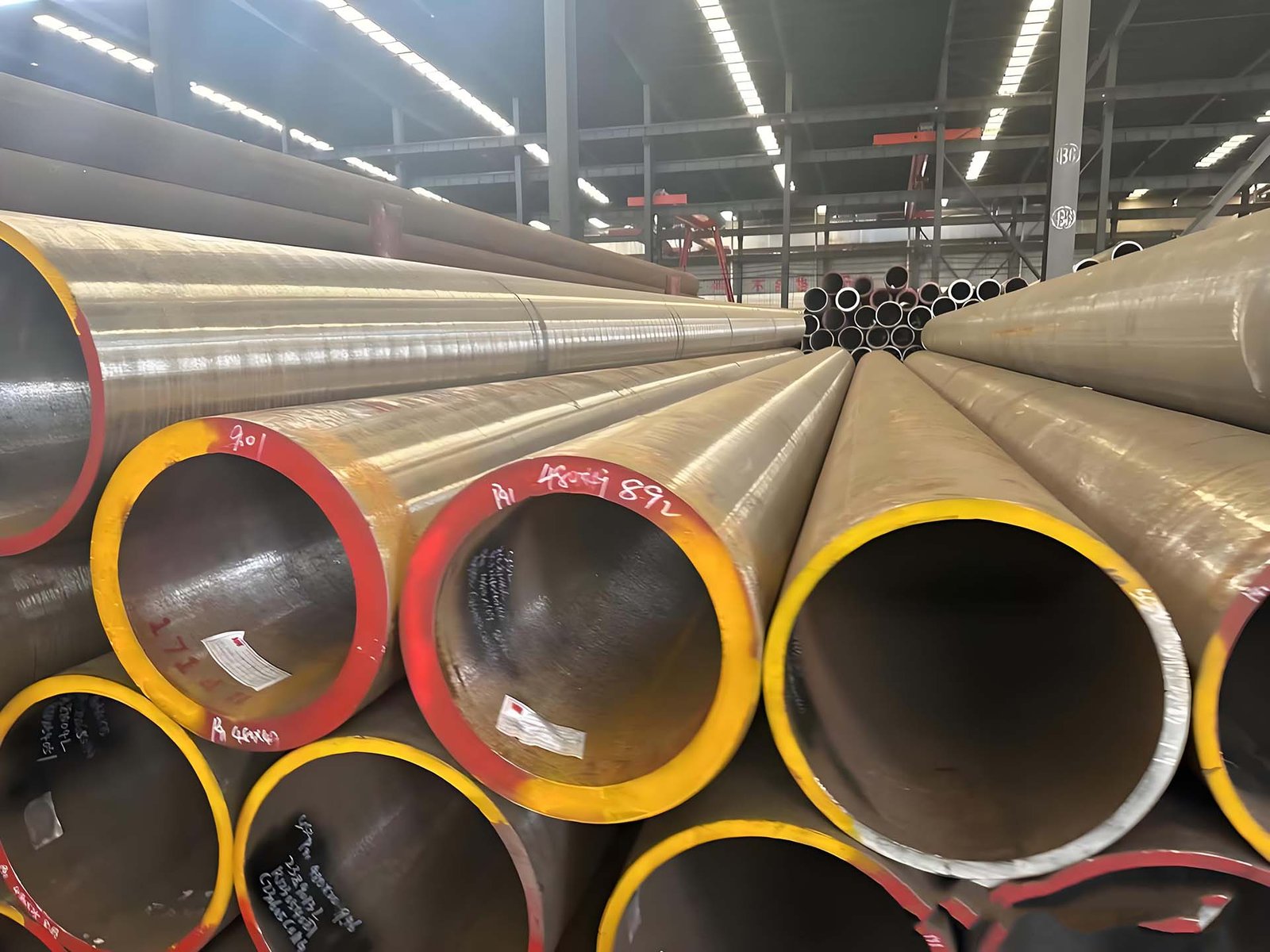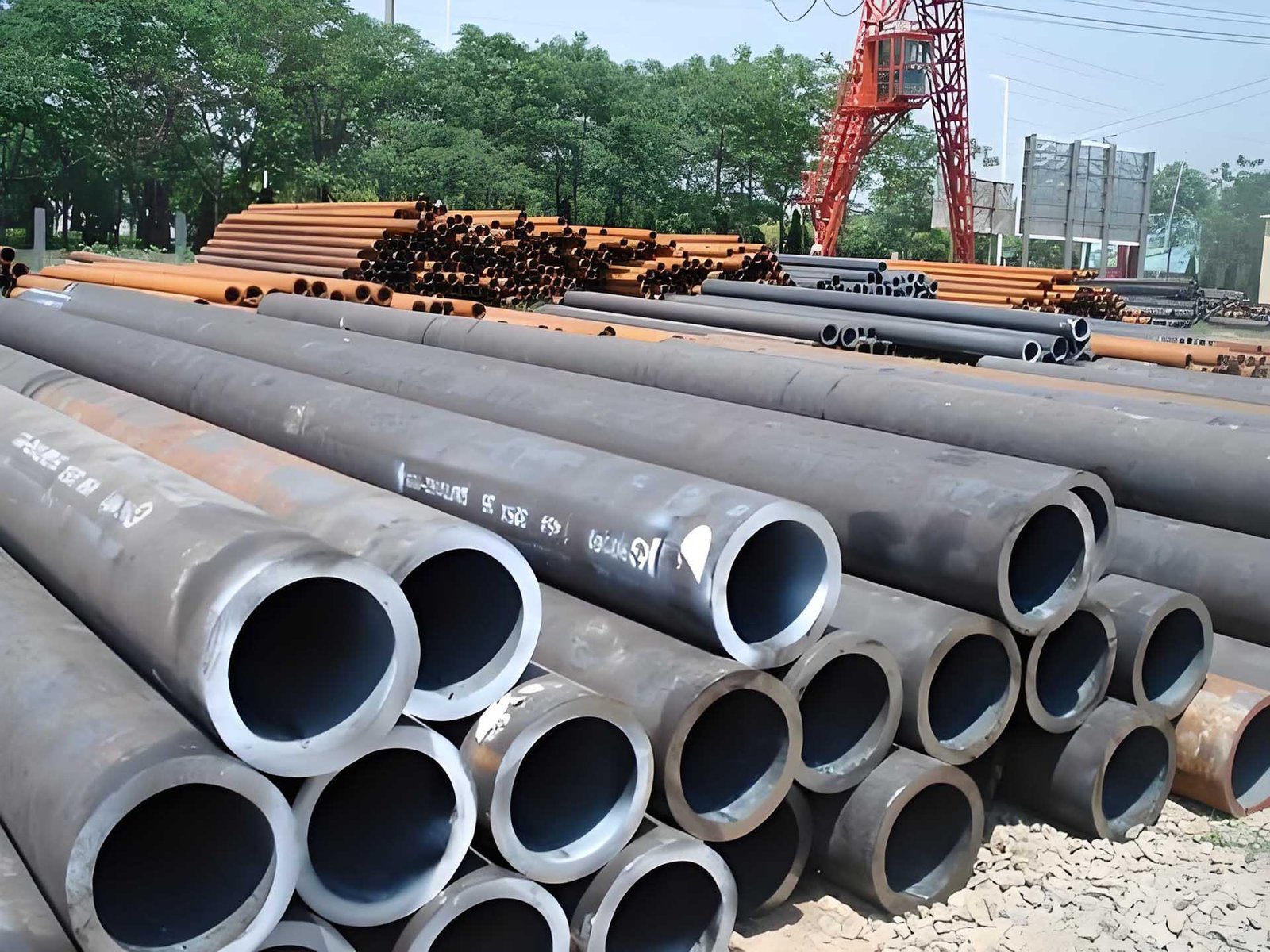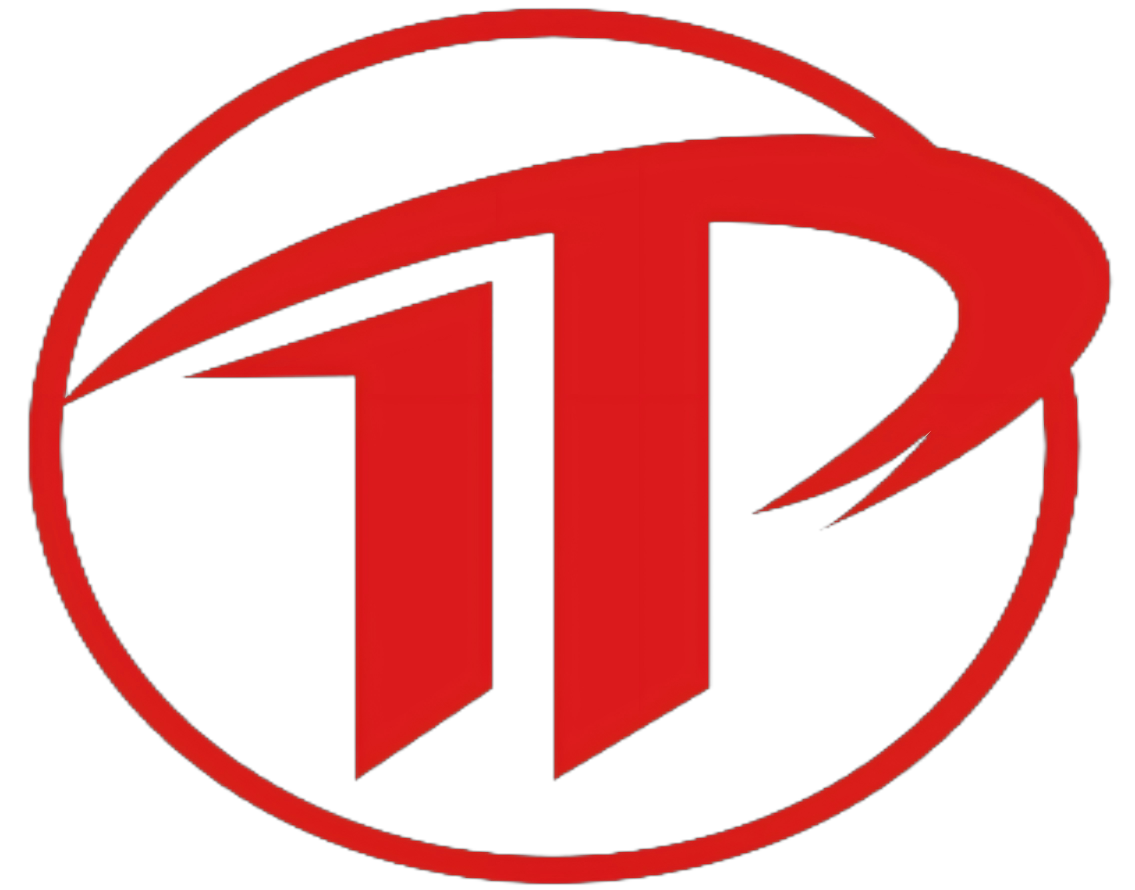When it comes to industrial forging, deciding on the right forge bar is one of the most necessary choices engineers and procurement managers should make. Whether you are manufacturing factors for oil & gas, energy generation, automotive, mining, or heavy machinery, the houses of the forge bar you pick will immediately affect performance, safety, and cost-efficiency.
In this guide, we’ll stroll you via the whole lot you want to comprehend about forge bar selection—including cloth types, mechanical properties, and real-world applications.
What Is a Forge Bar?
A forge bar is a strong metallic bar used as uncooked inventory for forging tactics such as open die forging, closed die forging, or ring rolling. These bars are normally made of carbon steel, alloy steel, stainless steel, aluminum, nickel, or titanium, and are cautiously chosen primarily based on the needs of the application.
Forge bars are commonly used to produce:
Shafts
API 8C 4145H Top Drive Main Shaft Forging
The top drive main shaft is the core transmission component of the oil drilling top drive system (Top Drive).
Gears
Gear Shaft Forging – Precision Forged Shafts for Heavy-Duty Applications
Gear Shaft Forging is the necessary intermediate factor for manufacturing high-strength, precision-engineered shafts used in annoying industrial applications. Through superior forging techniques, these shafts attain a most appropriate grain float and mechanical integrity, making sure dependable overall performance below excessive torque, shock loads, and cyclic fatigue.
Flanges
Dual-flange Spacer Spool Forging – Precision Engineered for High-Pressure Applications
Dual-flange Spacer Spool Forging is a fundamental aspect used to join sections of a wellhead or pipeline machine the place specific spacing, alignment, and sealing are essential. Designed for high-pressure oil and gasoline operations, these forgings make certain safe, leak-proof connections whilst supplying extraordinary power and durability.
Cylinders
Forged Cylinder Blocks – Strong, Reliable, and Built to Last
Forged Cylinder Blocks are precision-forged metallic factors designed for heavy-duty equipment. Compared to forged or welded alternatives, they provide greatest strength, durability, and reliability — making them perfect for oil & gas, construction, marine, and energy technology industries.
Forged rings
Aluminum Forged Rings for Aerospace & More
We offer a wide range of high-performance aluminum alloy forged rings, including:
6061 – general purpose, excellent weldability and corrosion resistance
7075 – High-strength aerospace alloy with excellent fatigue properties
2024 – Excellent machinability and toughness, ideal for aerospace components
7050 – Corrosion-resistant, high-stress-resistant aerospace-grade alloy
Structural components
They come in round, square, flat, or custom cross-sectional shapes, depending on the requirements of the forged product.
Why Forge Bar Selection Matters in Industrial Applications
The forge bar you choose will dictate the mechanical properties of the final forged component. Poor material selection can result in:
Cracking or premature failure
Reduced fatigue life
Insufficient strength or toughness
Machining difficulties
Higher total cost of ownership
Industries such as aerospace, oil & gas, and energy require forgings that can endure extreme temperatures, high stress, corrosion, and dynamic loading. Choosing the wrong forge bar can have catastrophic consequences in such critical environments.
Common Materials Used for Forge Bars
Carbon Steel Forge Bars
Ideal for general-purpose industrial parts. Common grades include:
ASTM A105
1020 / 1045
✔ Cost-effective
✔ Good machinability
✔ Moderate strength
Alloy Steel Forge Bars
Used in high-strength or heat-treated applications:
4140 forge bar – popular for its balance of strength and toughness
4340, 8620, 52100
✔ High tensile strength
✔ Great impact resistance
✔ Used in oilfield, automotive, and heavy-duty parts
Stainless Steel Forge Bars
Perfect for corrosive environments:
304, 316L, 410, 17-4PH
✔ Excellent corrosion resistance
✔ High-temperature durability
✔ Common in chemical plants, marine applications, and food processing
Specialty Metals
Titanium forge bars – lightweight, corrosion-resistant, used in aerospace
Aluminum forge bars – lightweight and machinable for structural components
Nickel-based forge bars – ideal for high-temperature or corrosive settings (e.g., Inconel 718)
How to Select the Right Forge Bar for Your Application
When choosing a forge bar, consider the following:
1. Operating Conditions
Temperature
Pressure
Corrosive environment
Load cycles
2. Mechanical Requirements
Tensile strength
Yield strength
Hardness
Toughness
Fatigue resistance
3. Machinability & Weldability
Some materials are easier to machine or weld than others. For example, 4140 is easier to machine than Inconel.
4. four Industry Standards & Certification
Ensure your forge bar dealer gives substances that comply with ASTM, ASME, API, ISO, or customer-specific standards.
Applications That Rely on Precision Forge Bar Selection
Forge bars are used across a wide variety of sectors:
Oil & Gas: Drill collars, subs, valves
Aerospace: Landing gear components, structural brackets
Power Generation: Turbine shafts, rotors
Automotive: Gears, axles, drive shafts
Heavy Equipment: Rollers, cranes, mining tools
Each application demands specific performance characteristics from the forge bar.
Why Source Forge Bars from Tiptop Forging?
As a trusted forge bar manufacturer in China, Tiptop Forging provides:
Customized forge bar solutions in carbon, alloy, stainless, titanium, and aluminum
Heat-treated and rough/finish machined bars
Strict quality control, with full MTCs and traceability
Competitive pricing and international shipping
Technical consulting to help you select the best material
Whether you need 4140 forge bars for downhole tools or stainless steel forge bars for food-grade components, we have the expertise and inventory to deliver.

